The High Road Program
Overview
The High Road Program is an accredited substance abuse treatment center that provides outpatient detoxification, for men and women from 18+ years of age. As part of their special programs, The High Road Program To help patients achieve sobriety, The High Road Program provides intake assessments. Afterward, patients receive group counseling, individual psychotherapy, and family counseling during treatment. The High Road Program is located in Riverside, California, providing treatment for people in Riverside County, accepting cash or self-payment, state-financed health insurance plan other than medicaid, and sliding fee scale (fee is based on income and other factors).
The High Road Program at a Glance
Payment Options
- Cash or self-payment
- State-financed health insurance plan other than Medicaid
- Sliding fee scale (fee is based on income and other factors)
- Monthly
Assessments
- Comprehensive mental health assessment
- Comprehensive substance use assessment
Age Groups
- Adults
- Young adults
Operation
- Private for-profit organization
Highlights About The High Road Program
6.71/10
With an overall rating of 6.71/10, this facility has the following balanced range of services. Alcohol Rehabilitation: 8.00/10, Treatment Options: 6.85/10, Drug Rehab and Detox: 6.00/10, Insurance and Payments: 6.00/10.-
Alcohol Rehabilitation 8.00
-
Treatment Options 6.85
-
Drug Rehab and Detox 6.00
-
Insurance and Payments 6.00
Accreditations
State department of health:

Government agencies issue State Licenses, which grant rehabilitation organizations permission to conduct their operations lawfully within specific geographic regions. Licenses needed to operate are typically determined by the type of rehabilitation program offered by the facility and its physical location.
Treatment At The High Road Program
Treatment Conditions
- Mental health treatment
- Alcoholism
- Opioid Addiction
- Substance use treatment
- Co-occurring Disorders
Care Levels
- Intensive outpatient treatment
- Detoxification
- Aftercare
- Outpatient
Treatment Modalities
- Group counseling
- Individual psychotherapy
- Family counseling
- Life Skills
- Cognitive Behavioral Therapy

Additional Locations
Get Help Now
Common Questions About The High Road Program
Contact Information
Other Facilities in Riverside

7.06

7.34
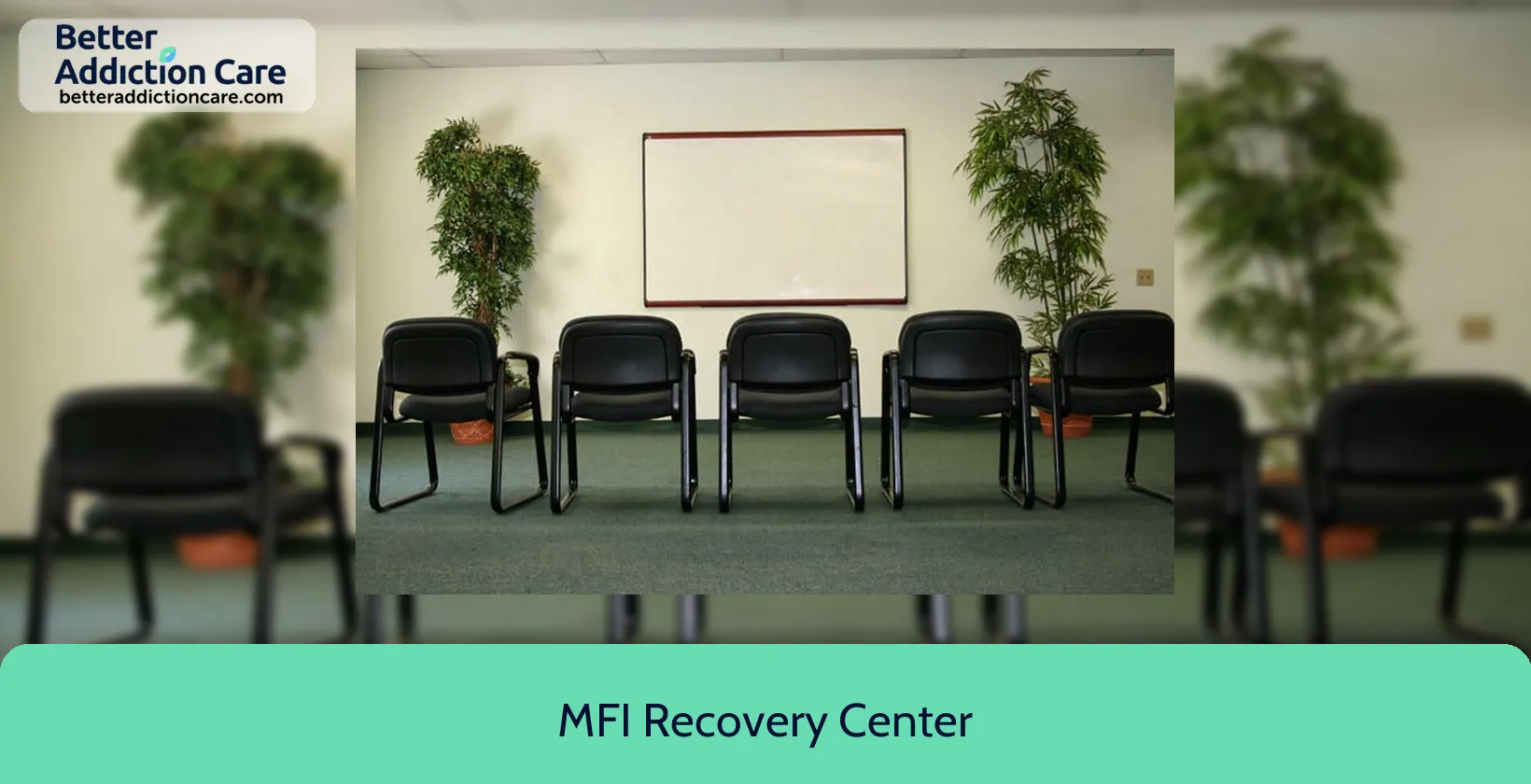
6.84
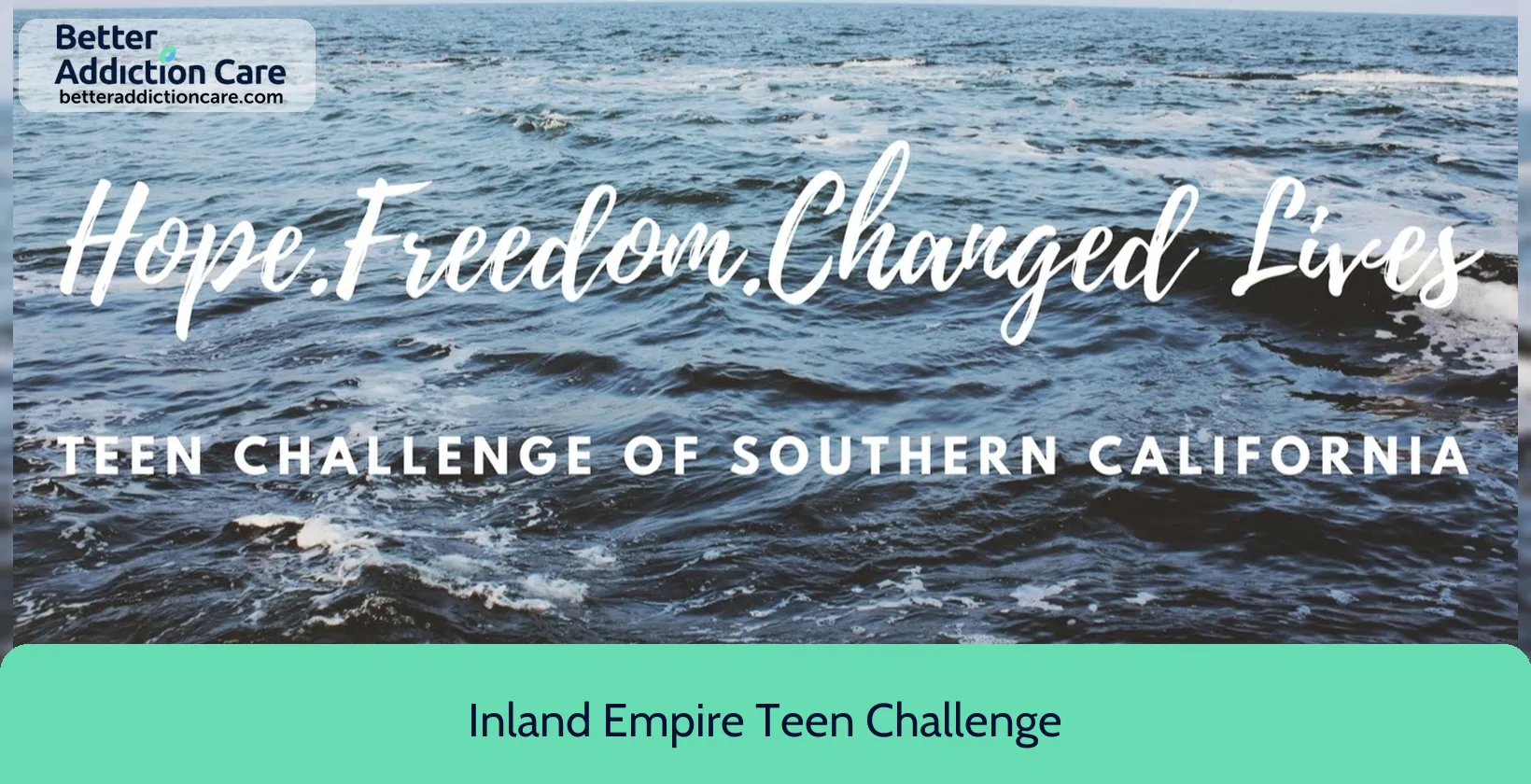
6.59
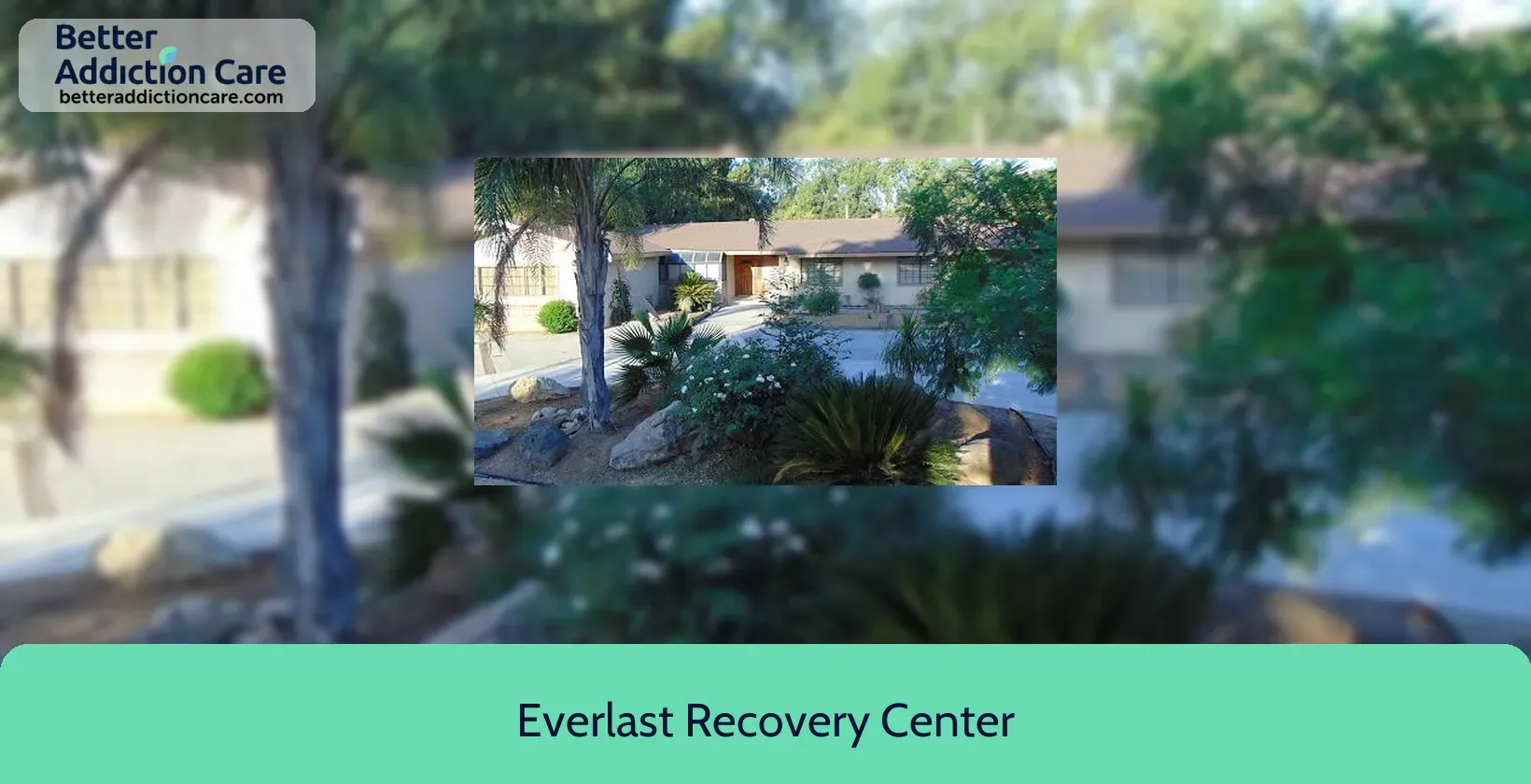
7.09
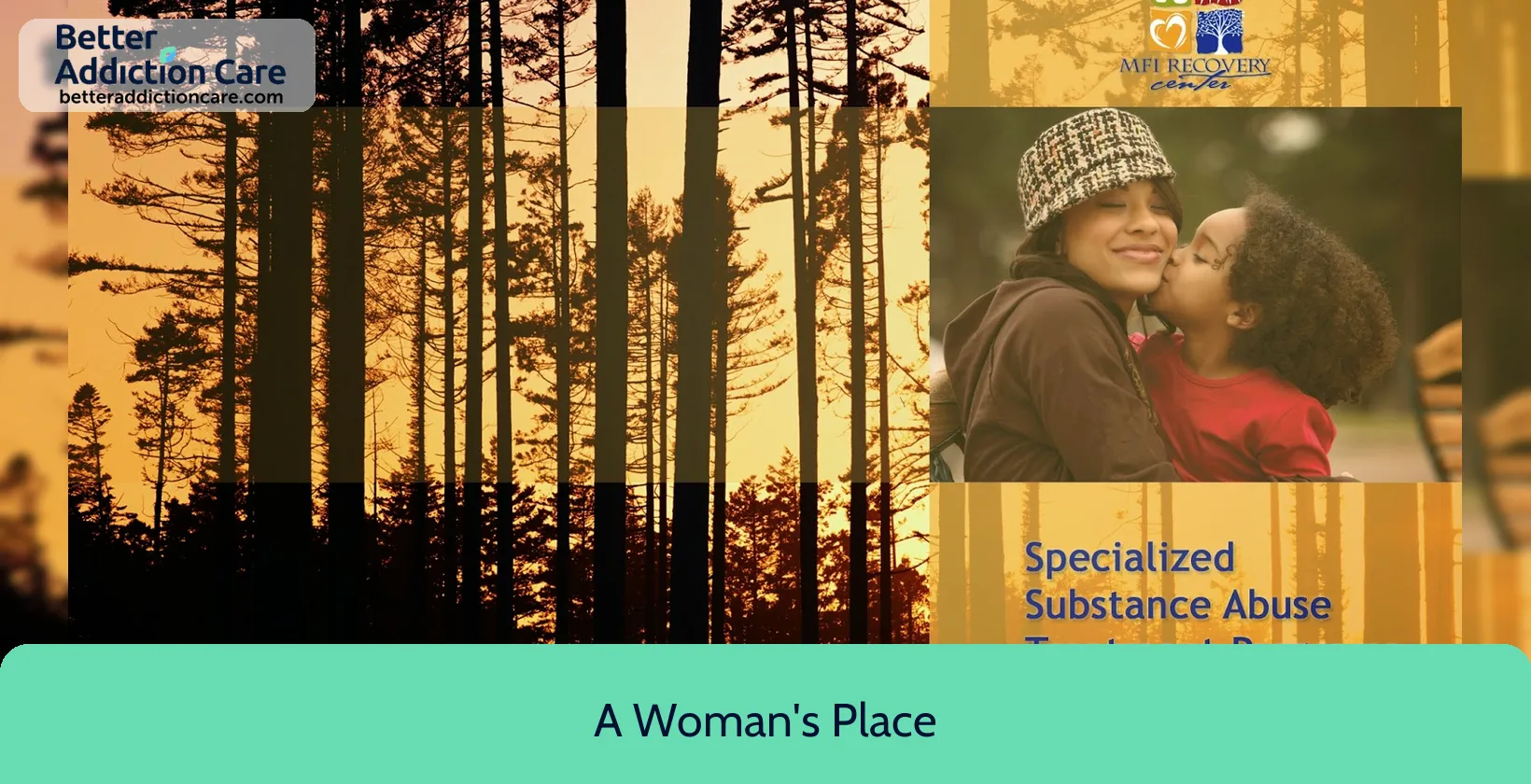
7.14
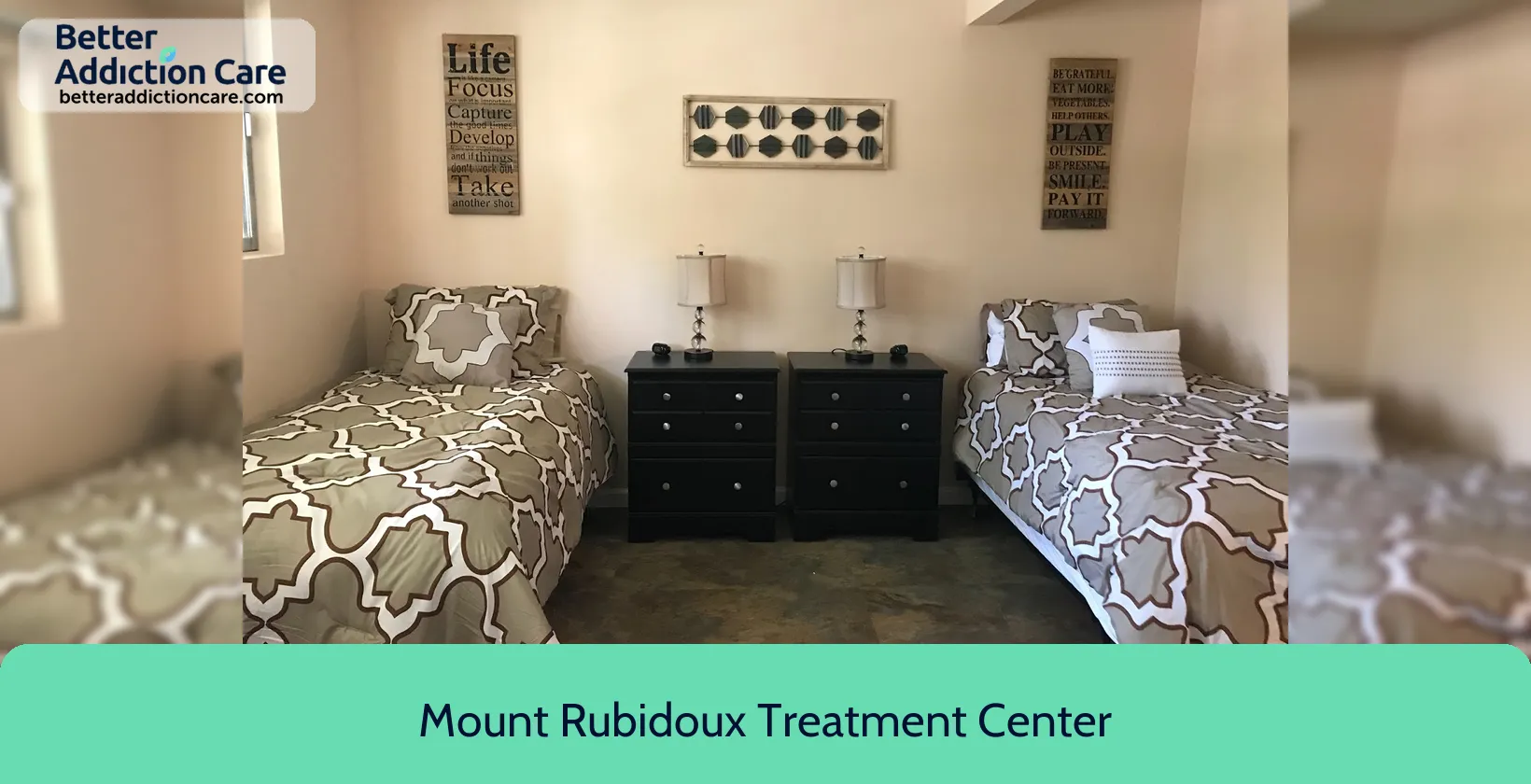
7.34

7.10
DISCLAIMER: The facility name, logo and brand are the property and registered trademarks of Pacific Grove Hospital, and are being used for identification and informational purposes only. Use of these names, logos and brands shall not imply endorsement. BetterAddictionCare.com is not affiliated with or sponsored by Pacific Grove Hospital.



